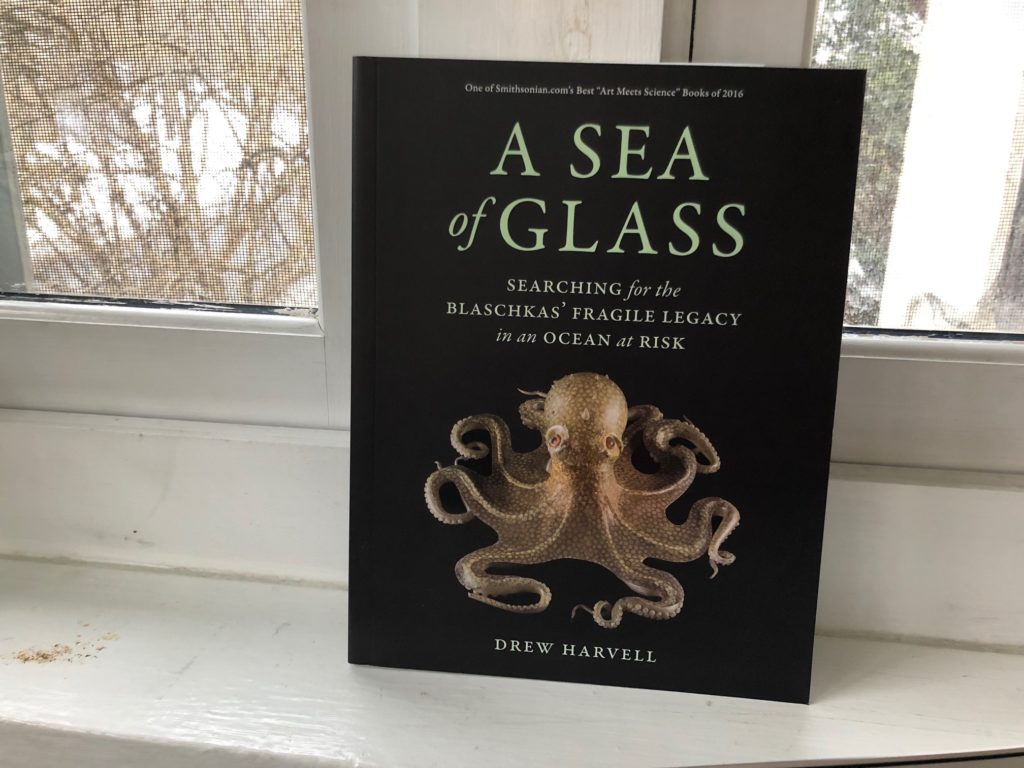Novel beginnings and beginning novels with Dana Spiotta
Last Saturday, I took a master class with novelist Dana Spiotta, offered by A Public Space. The topic of the class was “novel beginnings,” and the theme showed up in two ways.
First, what makes a great beginning of a novel? And second, how does a writer begin her own novel? Here are five solids I took back to my desk this week.
On the beginnings of novels
1. The first sentence of a novel is important: tune in!
Those first words set the tone, voice, place, language, and objective of the novel, Dana pointed out. Like the set of instructions that comes with a game, they teach the reader how to “play the game” of this world.
Close-read the beginnings of novels to learn how to write one, Dana said: multiple times, with curiosity, out loud. In the class, we read and discussed the opening pages of several novels.*
From now on, I’m going to read first sentences and pages carefully and repeatedly, and circle back to the first page after finishing. And in my writing—hoo boy, that’s a lot of pressure for one sentence, but knowledge is power, right?
2. Many novels start well before the first sentence.
Q: What’s the first phrase of “Moby Dick?”
A: It’s NOT “Call me Ishmael.” But rather 22 pages of quotes about whales from the Bible, Shakespeare, Darwin, “something unpublished,” folk songs and other sources.
This is liberating for me. I have a several page document full of quotes about WATER, my current obsession and the life-blood of my novel in progress. I’ve been stressing that I’ll need to pick one or two quotes to start the novel. And I’ve been stressing that “no one cares about water.”
If Melville cared that much about whales, which are glorious but distant to most of us, I have full permission to obsess my ass off about water. And keep drinking it, washing in it and loving it just like 100 percent of the humans alive on the planet.

And on beginning your novel
3. Write what you don’t know
Start with questions, not an answer, Dana advises—and I love this. If you write to discover, it’s going to be vital, she said. You want to write about a topic that enchants you all the way through the writing of the book (she said she averages 4 years per novel). And best of all: “You have a secret second life while you’re writing this book.”
4. The right structure for the novel emerges as you progress in writing it.
“You become a structural engineer,” Dana said. You are the god of this novel, within the constraints you’ve set. The key is to begin—and allow the book to evolve.
5. Finish, even if it’s imperfect. Then move on to the next book.
Once you’ve started, it’s a mistake to let a novel writing process drag on, or to start something new, Dana said. This speaks to me: in the past, I’ve started novels with enthusiasm but then fallen into a cycle of doubt, “further research needed,” starting yet another project, and eventual quitting. Of all the good advice from the course, I’m taking this most to heart.
*The most vivid novel openings we studied in the course, in my mind, are from Colson Whitehead’s “The Underground Railroad” and Viet Thanh Nguyen’s “The Sympathizer;” which I’ve read before but saw with new eyes this week. And from Jenny Offill’s “Dept. of Speculation,” which I haven’t read but now want to. (Effective opening!)